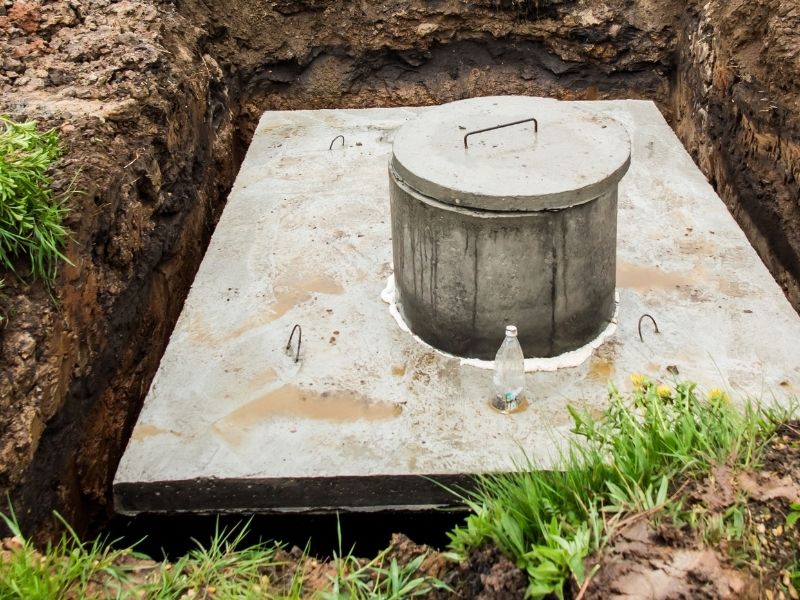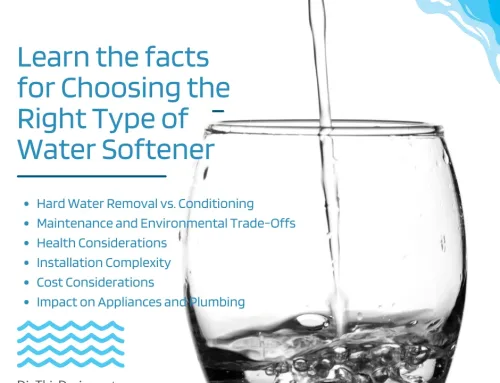Many people take their septic for granted. Unfortunately, when septic problems occur, it is devastating for property owners. In comparison to water damage, septic issues make your home unlivable due to the hazardous nature of the waste.With that in mind, routine septic system inspections are crucial to lessen the risk of catastrophic damage.
However, homeowners must determine the following signs of septic problems to handle them properly. Today, we bring you the seven signs of septic problems in the house for those who do not yet know what to do if this occurs.
Your Guide To Septic Problems In The Home

1. Slow draining is a sign of septic problems.
One of the warning signs that you have septic problems and need professional septic repair services is slow draining. Most people think that slow draining is just a simple clog. However, in many cases, slow draining means more than it does with a sewer system. For instance, a slow drain indicates a backup within your septic tank or a problem with the outflow pipe.
To fix this issue, never do it yourself. Rather you must visit this website to hire experts to do the job for you.
2. Sewage backup breeds septic problems.
There are various reasons why you notice an odorous black liquid or water coming up from your drains. It could be because your drain field is inadequate or there’s a blockage.
Your septic tank works by enabling waste from your house to separate into several substances, including sludge, scum, and wastewater. Sludge consists of heavier materials that sink to the bottom, while scum is the lighter materials that float to the top. Wastewater, on the other hand, is released into the drain field.
Over time, bacteria may cause the scum and sludge to break down into wastewater. But, if your septic tank has a vast amount of water, the tank might become overloaded and make a backup in your house. If such materials aren’t appropriately segmented, they clog your drain pipes, causing a sewage backup.
You can prevent those issues by lessening your water usage. For instance, you can install low-flow toilets, take shorter showers, and wash laundry in small loads every week. You must also be mindful of the things you flush. Avoid flushing diapers, paper towels, leftover foods, grease, and feminine products to prevent several issues with your drains or septic system.
3. Presence of algae in nearby water.
If you live near a pond or a lake, watch out for algal blooms. It’s complicated to diagnose since most homeowners consider it a normal phenomenon.
Algal blooms happen when a considerable proportion of algae form in the water. Their presence may affect your water source, which can be hazardous to your health.
4. Unpleasant odor coming from the pipes.
When your septic system works properly, you can ensure that it’s hygienic and safe for your family. Plus, you won’t smell any foul odor. However, if you encounter sewage smells in your kitchen, bathroom, or any drain, it means that your septic system isn’t functioning well. In this case, call the professionals for immediate servicing to avoid more serious problems.
5. Toilet flushing issues are a sign.
When your toilet won’t flush or is slow to irrigate, and you get no results from fixing it using a plunger, there might be something wrong with your septic. It can be because your septic tank is already full, or your pipes have clogs.
6. Spongy green grass around your septic tank.
Dying grass on top of your septic tank isn’t a bad sign. However, it’s a red flag if the grass at the top of your septic tank is thriving and gradually dying. It could be due to a leak of liquid wastewater. Once you notice this issue, order inspections for concerns such as cracks in your tank, rust, or pipe damage.
7. Gurgling sounds indicate septic problems.
Watch out for strange sounds once you use any plumbing fixtures. For instance, if you flush your toilet and hear some weird sounds, contact the nearest plumber in your area.
Toilets usually make water-related noises that end when it’s finished flushing. But, if you hear sounds similar to an upset stomach, it’s a sign of a septic problem. The same is true if you hear odd gurgling noises in your drain. Gurgling sounds indicate a clog or a more earnest internal septic problem that requires servicing.
In conclusion.
When you pay attention to your septic system, you can quickly determine problems as they happen. An excellent way to avoid main issues with your septic system is to have it inspected regularly and pumped out every five years. Regular maintenance won’t only help you catch problems, such as overflowing, leaks, and rust, but you also avoid a possible system replacement or expensive repairs.
If you encounter any of the above signs, don’t waste your time and call the experts to get your septic problems resolved in no time. If you have any questions or suggestions, we always love to hear from you in the comments below. Also below are links to more fantastic articles about ALL things DESIGN for your home or business.
Images Courtesy of Canva.
Other Posts You Might Enjoy:
5 Benefits Of Choosing The Right Foundation Repair Company
5 Reasons To Replace Old Plumbing
How To Avoid Plumbing Issues During Your Bathroom Renovation





